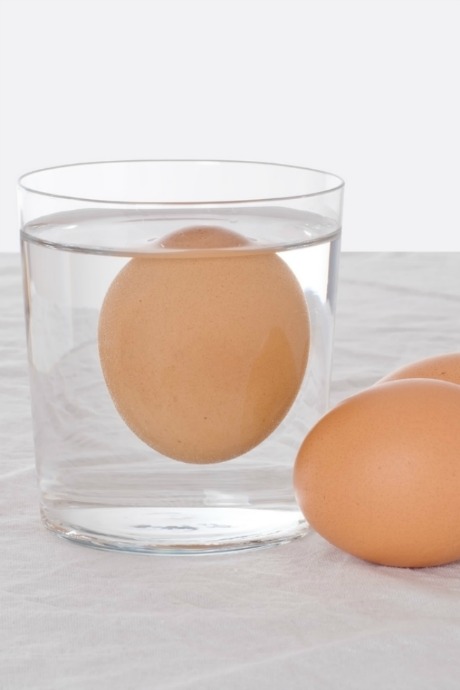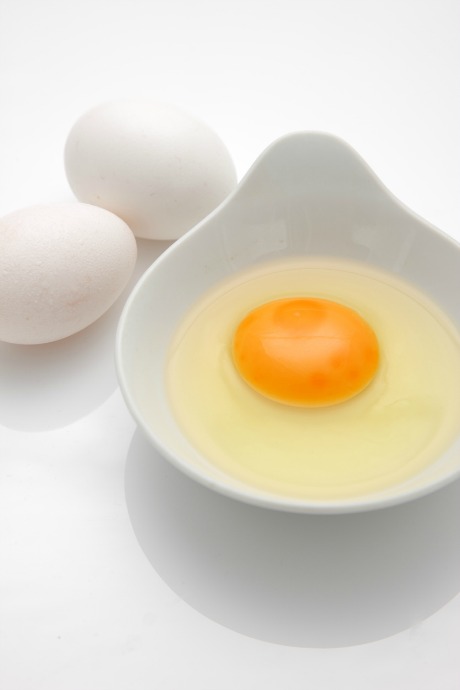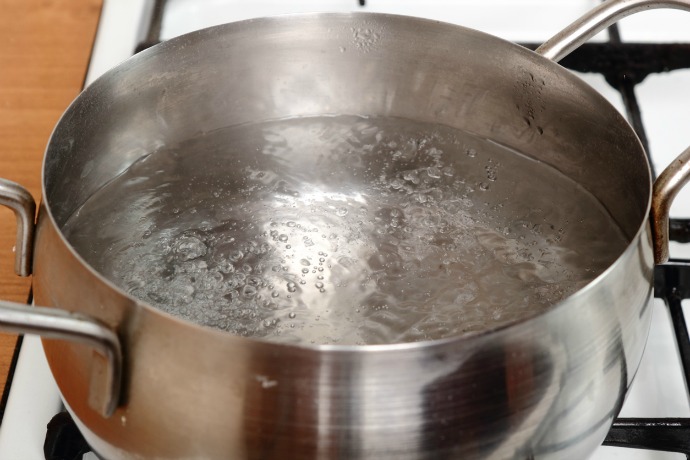Ask the Experts: How to Poach Eggs
Posted by Julie on May 21st 2018
Q: I love to order Eggs Benedict when I go out for breakfast, but I’m too nervous to try poaching eggs at home. Is it really that difficult?
A: Poached eggs are not only delicious, they’re also deceptively easy. We carry two helpful gadgets for poaching eggs — the New Soda Poach Can and the RSVP Endurance Egg Poacher Set. But whether you use a gadget or not, keep reading for some key tips to make your poached eggs the best they can be.
How to Poach Eggs: Choose Fresh Eggs
When poaching eggs, freshness isn’t just a matter of taste. The freshest eggs also have thick whites that cling to the yolk. They will poach more compactly and have a better shot at looking like they were made by a restaurant chef. Look at the difference in these eggs found on Bon Appetit.

BBC Good Food offers helpful tips to assess the freshness of your eggs. Fill a bowl with water, and place an egg in it. The freshest eggs will lie flat on the bottom of the bowl. Less fresh eggs will stand on end. If your egg floats, throw it away.
How to Poach Eggs: Prepare Your Eggs and Water
All of our sources agree: Don’t crack your eggs directly into the water. Instead, crack each one into a separate ramekin, saucer, or measuring cup. Doing so gives you more control when sliding your eggs into the simmering water.

Speaking of water, be sure your water is gently bubbling, not at a rolling boil. The Kitchn suggests bringing your water to a boil first, then slowly lowering the burner temperature. You can poach a single egg at a time in a saucepan. For multiple eggs, a deep saute pan will keep your eggs from getting crowded. Fill it with water a few inches deep.
How to Poach Eggs: Add Salt and Vinegar (or Not)
Our sources disagree on the topics of adding salt and vinegar when poaching eggs. First, let’s tackle the points for and against salt.
BBC Good Food cautions that adding salt to the water will make the egg whites wispy. On the other hand, the American Egg Board doesn’t mention any ill effects on poaching, only that salt will flavor your eggs. Alton Brown simply includes a teaspoon of kosher salt in the ingredient list without comment, and the Kitchn doesn’t mention salt at all.
Where it comes to vinegar, three out of four sources agree: BBC Good Food, the Kitchn and Alton Brown all call for vinegar. Both the Kitchn and Alton Brown explain that vinegar helps the egg whites stick together and avoids wispy strands trailing off in the water. Meanwhile, the American Egg Board has the same complaint regarding vinegar that they did with salt: it will flavor your eggs.
We’re inclined to leave out the salt (sorry, Mr. Brown) and add a teaspoon of vinegar or less. Let us know what route you take and how your eggs turn out.
How to Poach Eggs: Time to Poach
If you’re using one of the gadgets mentioned above, all you have to do is carefully slide your egg into the cup. But if you’re poaching eggs the old-fashioned way, you have a couple of options.

One, you can carefully slide your egg directly into the simmering water. The Kitchn and the American Egg Board recommend this approach. On the other hand, you can stir the simmering water to create a whirlpool effect, and then carefully slide your egg into the center of the whirlpool. BBC Good Food and Alton Brown recommend this approach. The purpose of creating the whirlpool is to use the motion of the water to help keep the egg white from spreading out. Give it a whirl, and see if it works.
Poaching time can vary based on the water temperature and how well done you like your poached eggs. Ideally, the whites will be set and the yolk will be gooey, but neither will be hard. It may take some trial and error to get the consistency right, but start by poaching for about three minutes.
Good luck, and enjoy your homemade Eggs Benedict!
 Free shipping over $49
Free shipping over $49










